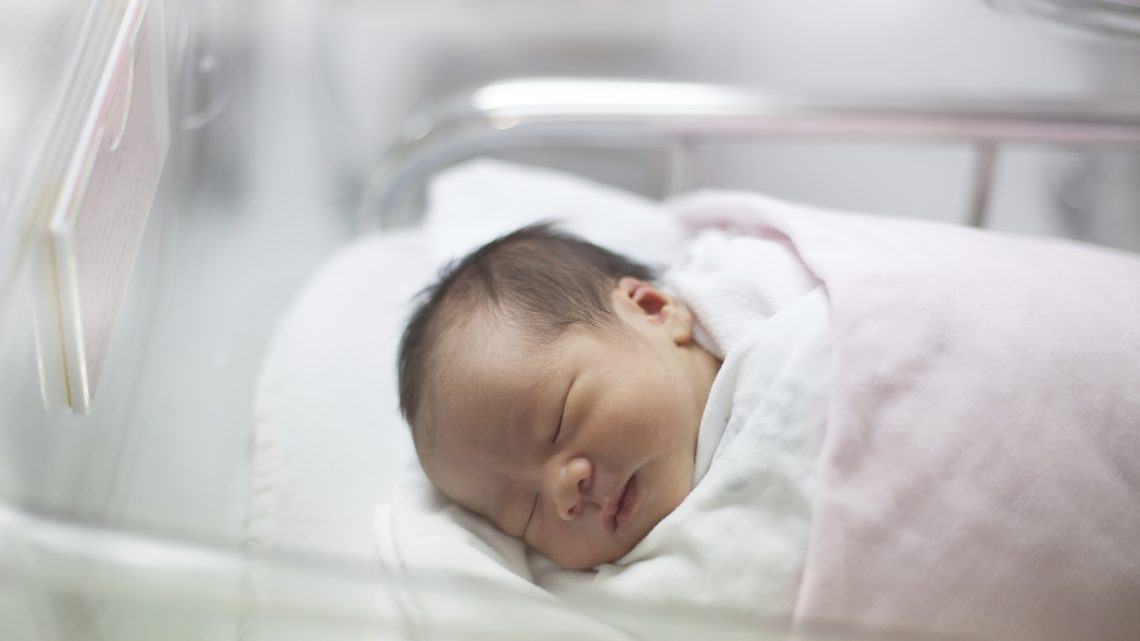Welcoming a child is one of life’s most joyful experiences, but when a birth injury occurs, it can dramatically affect a family. Coping with feelings of guilt, anger, grief, and fear about the child’s health and future can weigh heavily on both parents and their loved ones. Understanding some of the most common mental and emotional hurdles families often face after a birth injury is crucial in helping families find pathways toward healing, resilience, and support.
Postpartum Depression
Postpartum depression (PPD) is a mood disorder that individuals can develop after giving birth, characterized by persistent feelings of hopelessness, sadness, and anxiety. Though PPD can affect any new parent, the risk of developing it significantly increases after a traumatic birth experience. The emotional toll of a birth injury, especially when it results in long-term medical complications for the baby, can leave parents feeling overwhelmed and powerless. Left unaddressed, PPD can affect the entire family dynamic, making professional help essential.
Chronic Anxiety
Following a birth injury, it is also common for many parents to feel chronic anxiety. The uncertainty surrounding their child’s medical condition and the long-term prognosis can cause ongoing worry and sleeplessness. Parents may fear for their child’s ability to live independently, reach developmental milestones, or maintain good health as they grow. This constant state of vigilance can take a toll on a parent’s physical and emotional well-being, often leading to burnout.
Guilt
Feelings of guilt are also very common among parents after a birth injury. Parents may blame themselves for something that was entirely out of their control, wondering if they could have done something differently during pregnancy or labor. Even when medical evidence clearly shows that the injury was not the parents’ fault, the emotional burden can still weigh heavily and constantly linger in the back of their minds. This guilt may resurface during milestones, medical setbacks, or when comparing their child to peers, making it especially difficult for parents to fully heal emotionally.
Post-Traumatic Stress Disorder
For some families, a traumatic birth experience can also lead to post-traumatic stress disorder (PTSD). Flashbacks, nightmares, panic attacks, and avoidance of anything associated with the experience are common symptoms. PTSD can affect either or both parents and may influence how they approach future pregnancies or medical care. Without proper treatment, PTSD can severely disrupt daily life, bonding with the baby, and overall emotional health.
Financial Stress
The financial impact of a birth injury can add another layer of emotional strain to a family’s life. Often, children who have suffered an injury at birth require ongoing medical treatments, physical or occupational therapy, specialized equipment, or long-term care. These unexpected expenses can add up quickly, causing significant stress. This stress can be exacerbated if one parent must take time off work or leave their job entirely in order to become a full-time caregiver. To help alleviate some financial pressure, families may consult with a Minneapolis birth injury lawyer to determine whether medical negligence contributed to the injury and whether compensation may be available to support long-term care.





No Comment